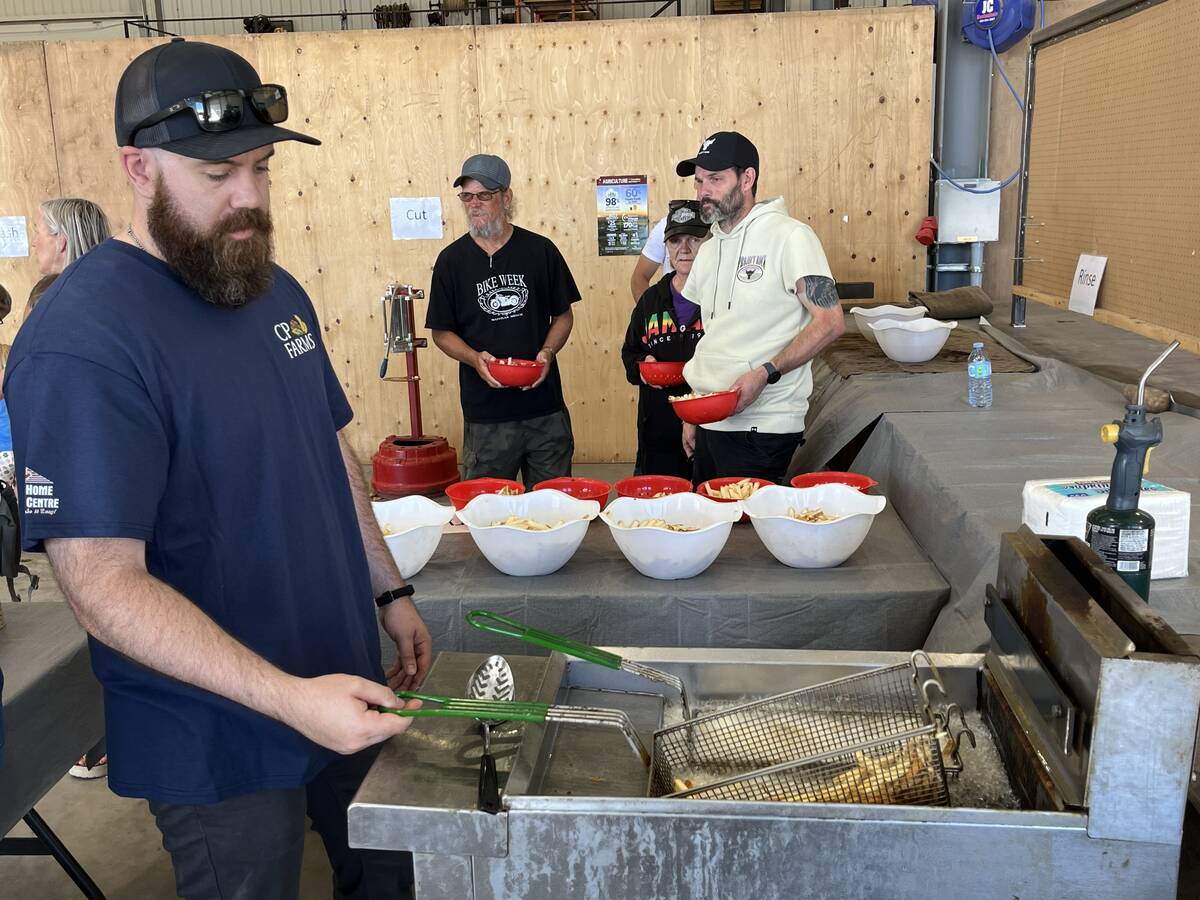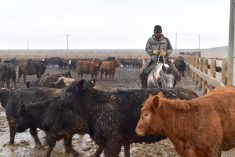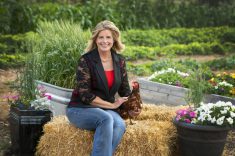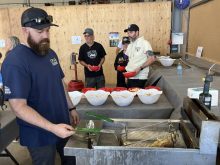The most recent Open Farm Day in Alberta showcased agricultural producers across the province educating the general public about the process that is required is to get food to their table.
CP Farms is family owned and operated with 2,500 acres near Barnwell, another 1,000 in Vauxhall and 500 in Raymond.
The farm primarily grows potatoes, but grain, corn, and sugar beets helps fill out four-year rotations to suppress disease and resistance.
Read Also

The long march to autonomy
The big players in the machinery market keep adding pieces towards autonomous vehicles for farming, but how far away is a final product?
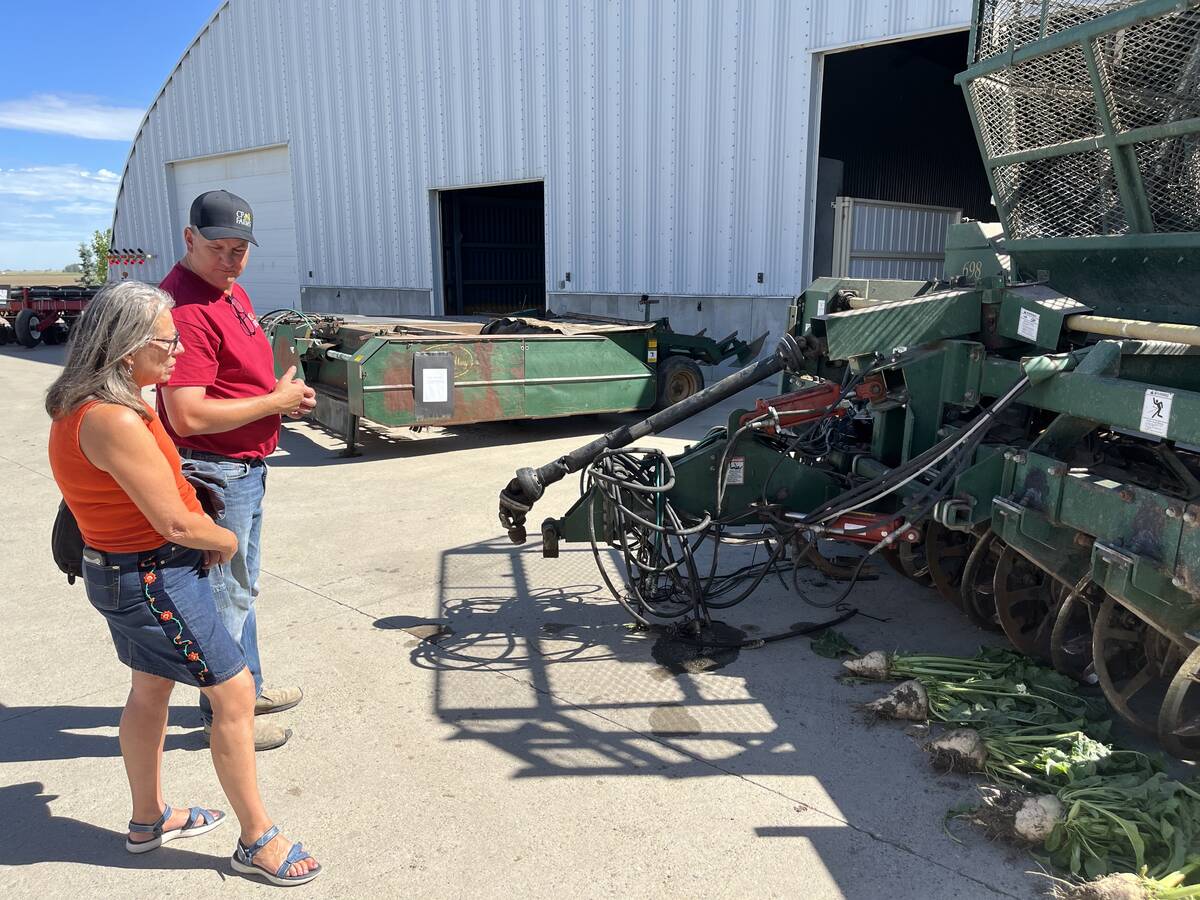
Much of its equipment comes from Europe.
“Our soil type is a lot more similar to Western Europe versus the U.S. A lot of the U.S-built equipment are built to operate in very sandy conditions, where we have more of a clay soil. So the European equipment works way better with that,” said owner Michel Camps, a husband and father of four.
“I would say 50 per cent of the acres in southern Alberta are harvested or handled with European equipment.”
Camps prides himself on the quality seed he uses.
CP Farms multiplies about 50 per cent of its seed itself once, shipping high-generation seed from the Lacombe-Red Deer-Edmonton area.
Planters can plant about 100 acres a day with tillage capabilities, and cover crops are used in rotations to shelter soil from the windy conditions of southern Alberta.
Plenty of science and technology is used to power CP Farms, including fertilizer spreaders that have weather stations and radar. CP Farms spreads 7,000 to 8,000 tonnes of manure or compost on its land every year to improve soil health and nutrients.
“It will correct its spreading patterns reading the winds. It’s very precise in applying fertilizer. Fertilizer is very expensive and we want it where it belongs,” said Camps.
As well, receiving lines for the potatoes have Sputnik Airsep, which separates the rocks, vines, leaves and lumps from the valuable crop.
CP Farms grows four varieties of potatoes and stores 24,000 tonnes in eight bins at its Barnwell-area operation and another 9,000 tonnes in Vauxhall.
Seventy per cent of the farm’s potatoes end up in McDonald’s french fries, although McCain’s also sells to other local quick-serve restaurants as well.

Camps said not every potato is created equal for consumption.
“The McCain french fries you you see in the grocery store are not from here; they came from Manitoba,” said Camps.
“We grow four different varieties and they are all McDonald’s approved. In Manitoba, they grow 10 to 15 different varieties. Some varieties, they do really well on the retail side, which is usually a shorter cut and a shorter fry. McDonald’s prefers the longer skinnier fries.”
CP Farms can load potatoes 365 days a year and store them in a climate-controlled environment.
The storage bins are insulated to three times the regular house standards to protect against the swings of southern Alberta weather, which can range from harsh winters to cooking summers. Storage temperature is kept at about 10 C and 98 per cent humidity.
“It is important we have a constant and steady environment for potatoes,” Camps said.
“If the temperatures go up and down all the time, the potatoes are going to produce sugars. The sugars will caramelize in the frying process and make your fries look dark, which isn’t what we want.”
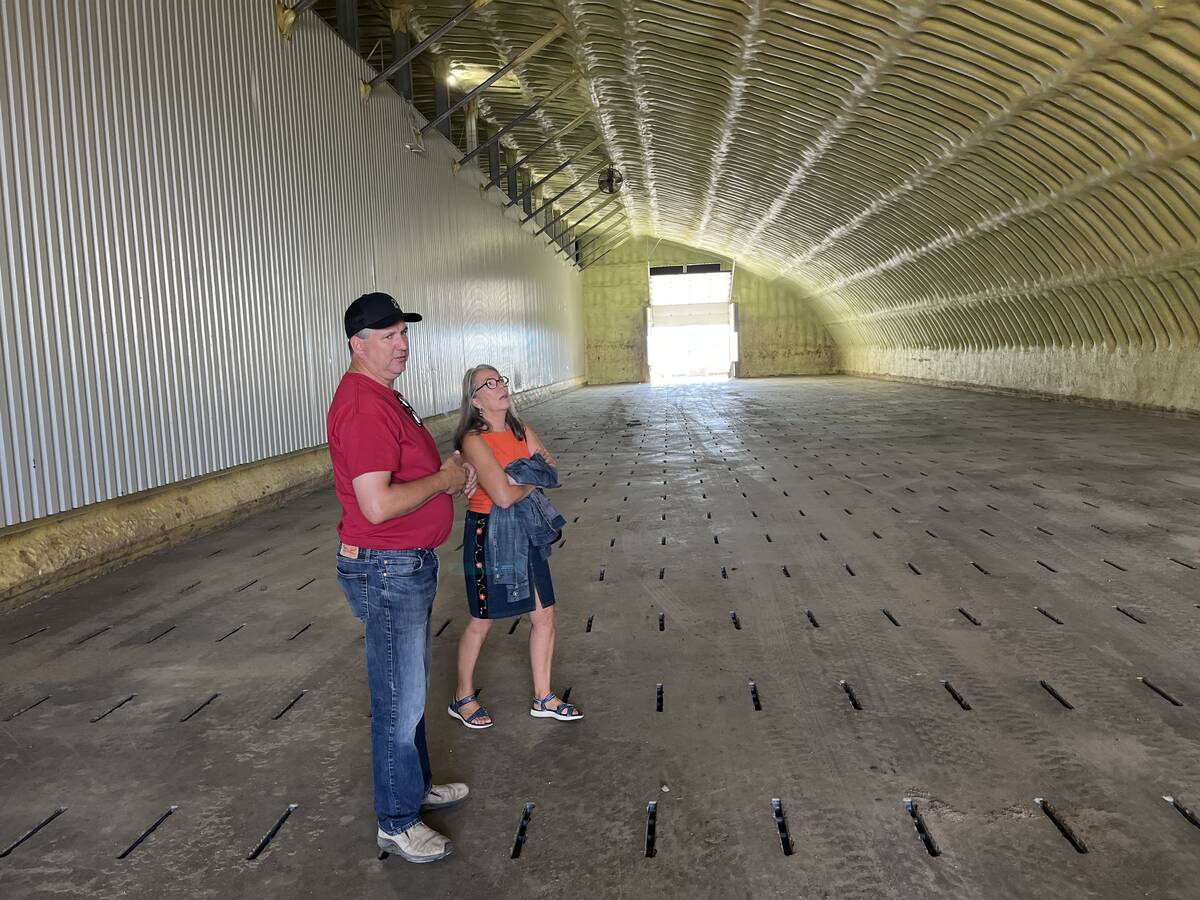
He said the farm uses about $15,000 worth of power a month when the bins are full.
The longer a potato is stored, the higher its price to compensate for the greater input costs that are required to keep the potato in top shape.
“We grow about 40,000 tonnes of potatoes, and 15 per cent of that volume gets harvested and sent straight to the factory (direct delivery),” he said.
“There are no farmers who have direct delivery exclusive contracts. If you want to grow potatoes in Alberta, you have to have the ability to store.”
He said direct delivery are the cheapest potatoes in his contracts.
“You have power, building depreciation, interest costs. The potatoes they buy from refrigerated storage in August, don’t forget, there’s $3 million worth of potatoes in this building if it’s full. If I had that in an investment, making four or five per cent, that all has to be accounted for. Every two weeks my contract price goes up. The potatoes are mine until they are on the scale, so I take all the risk as well (in storage). It’s still a living crop.”
There are only three weeks of the year — from around Christmas to early January — when CP Farms has no full-time staff. The operation buzzes with activityfor the rest of the year to keep it running.
“Not only do you have to run the farm, I also have to keep the shop busy. I have to order the parts. We have 200 pieces of equipment we have to service every year. That takes a lot of planning” said Camps.
“That is when I do all my crop planning, I order my fertilizer. I put my plan together for this year and next year because I know where my 2026 potatoes are going to go, but I need to know where my 2027 potatoes are going to go because that’s where the grain is going to go this year. It’s a multi-year plan.”

